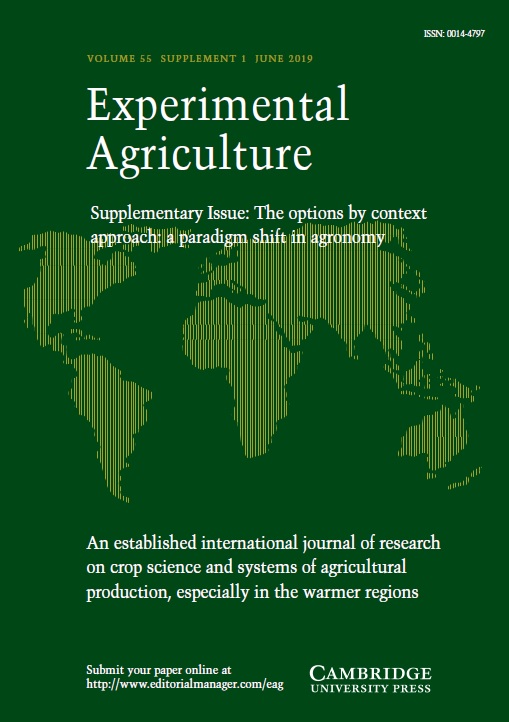Volvox
A Search for the Molecular and Genetic Origins of Multicellularity and Cellular Differentiation
£67.99
Part of Developmental and Cell Biology Series
- Author: David L. Kirk, Washington University, St Louis
- Date Published: September 2005
- availability: Available
- format: Paperback
- isbn: 9780521019149
£
67.99
Paperback
Other available formats:
eBook
Looking for an inspection copy?
This title is not currently available on inspection
-
The central thesis of this book is that Volvox and its unicellular and colonial relatives provide a wholly unrivalled opportunity to explore the proximate and ultimate causes underlying the evolution, from unicellular ancestors, of multicellular organisms with fully differentiated cell types. A major portion of the book is devoted to reviewing what is known about the genetic, cellular and molecular basis of development in the most extensively studied species of Volvox: V. cateri, which exhibits a complete division of labour between mortal somatic cells and immortal germ cells. However, this topic has been put in context by first considering the ecological conditions and cytological preconditions that appear to have fostered the evolution of organisms of progressively increasing size and with progressively increasing tendency to produce terminally differentiated somatic cells. The book concludes by raising the question of whether the germensoma dichotomy may have evolved by similar or different genetic pathways in different species of Volvox. Biologists and phycologists interested in development, genetics and cellular evolution will find this a fascinating work.
Read more- Reviews studies of Volvox biology that have spanned three centuries
- The coverage is technically detailed and yet conceptually rich. Richly illustrated with over 100 micrographs from the author's laboratory, many published for the first time
- Analyses both the ultimate (ecological) and the proximate causes underlying the evolution of the germ-soma division of labour exhibited by modern Volvox
Reviews & endorsements
'I recommend [this book] unreservedly to all phycologists; there is something for everyone.' John Raven, European Journal of Phycology
See more reviews'This book will be the source to scoop plentifully for a long time.' Lothar Jaenicke, SGM Quarterly
'In this excellent, well-written and well-documented monograph, Kirk has made a critical compilation of the accumulated literature on Volvox and has encompassed the whole field, the pinnacle of which is his own work.' Lothar Jaenicke, Trends in Microbiology
Customer reviews
Not yet reviewed
Be the first to review
Review was not posted due to profanity
×Product details
- Date Published: September 2005
- format: Paperback
- isbn: 9780521019149
- length: 400 pages
- dimensions: 229 x 153 x 24 mm
- weight: 0.607kg
- contains: 77 b/w illus. 10 tables
- availability: Available
Table of Contents
Prologue
1. Introduction
2. The volvocales: many cellular innovations
3. Ecological factors fostering the evolution of Volvox
4. Cytological features fostering the evolution of Volvox
5. Volvox V. Carteri: a Rosetta stone for deciphering the origins of cytodifferentiation
6. Mutational analysis of the V. Carteri development program
7. Molecular analysis of V. Carteri genes and development
Epilogue
References.
Sorry, this resource is locked
Please register or sign in to request access. If you are having problems accessing these resources please email [email protected]
Register Sign in» Proceed
You are now leaving the Cambridge University Press website. Your eBook purchase and download will be completed by our partner www.ebooks.com. Please see the permission section of the www.ebooks.com catalogue page for details of the print & copy limits on our eBooks.
Continue ×Are you sure you want to delete your account?
This cannot be undone.
Thank you for your feedback which will help us improve our service.
If you requested a response, we will make sure to get back to you shortly.
×













